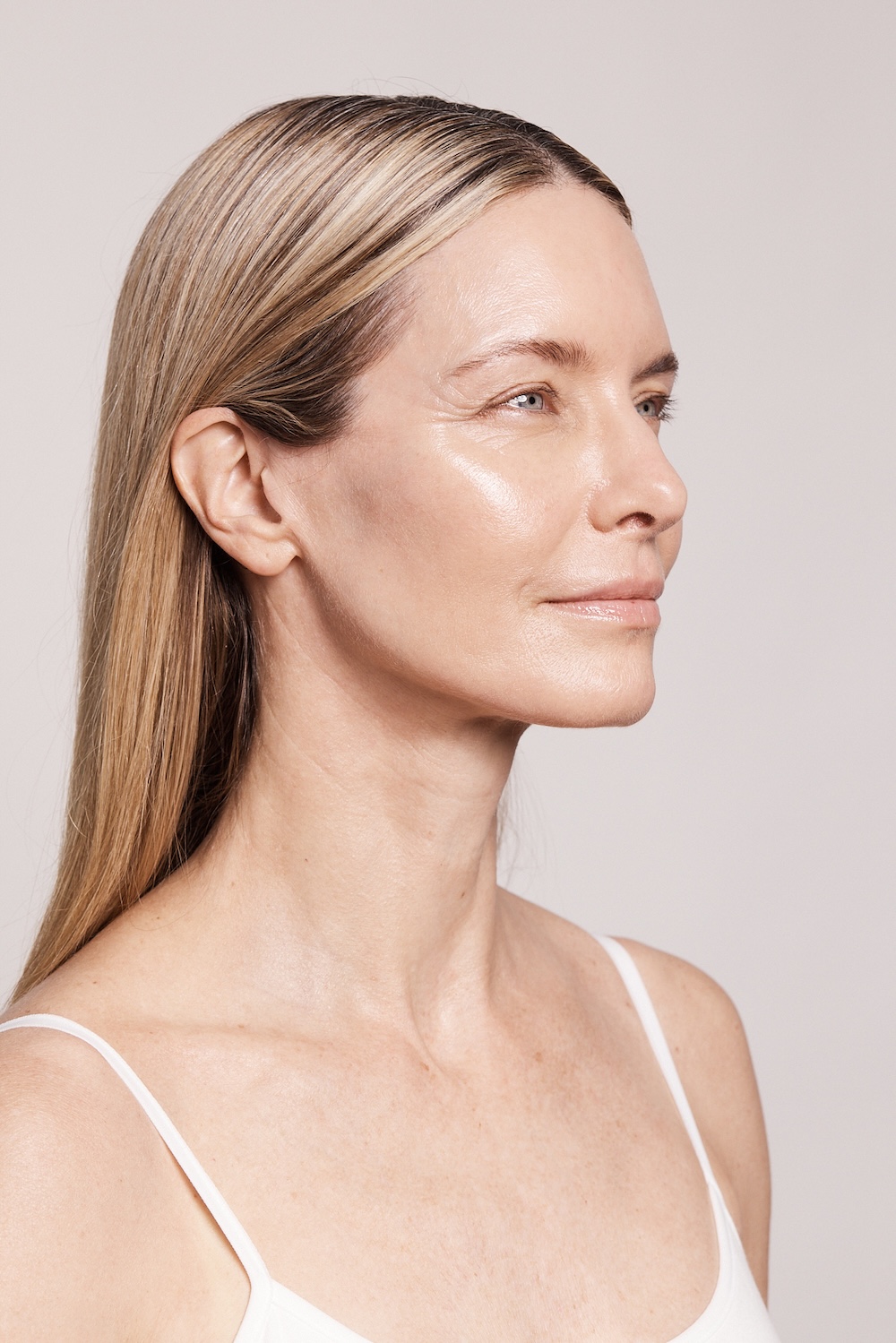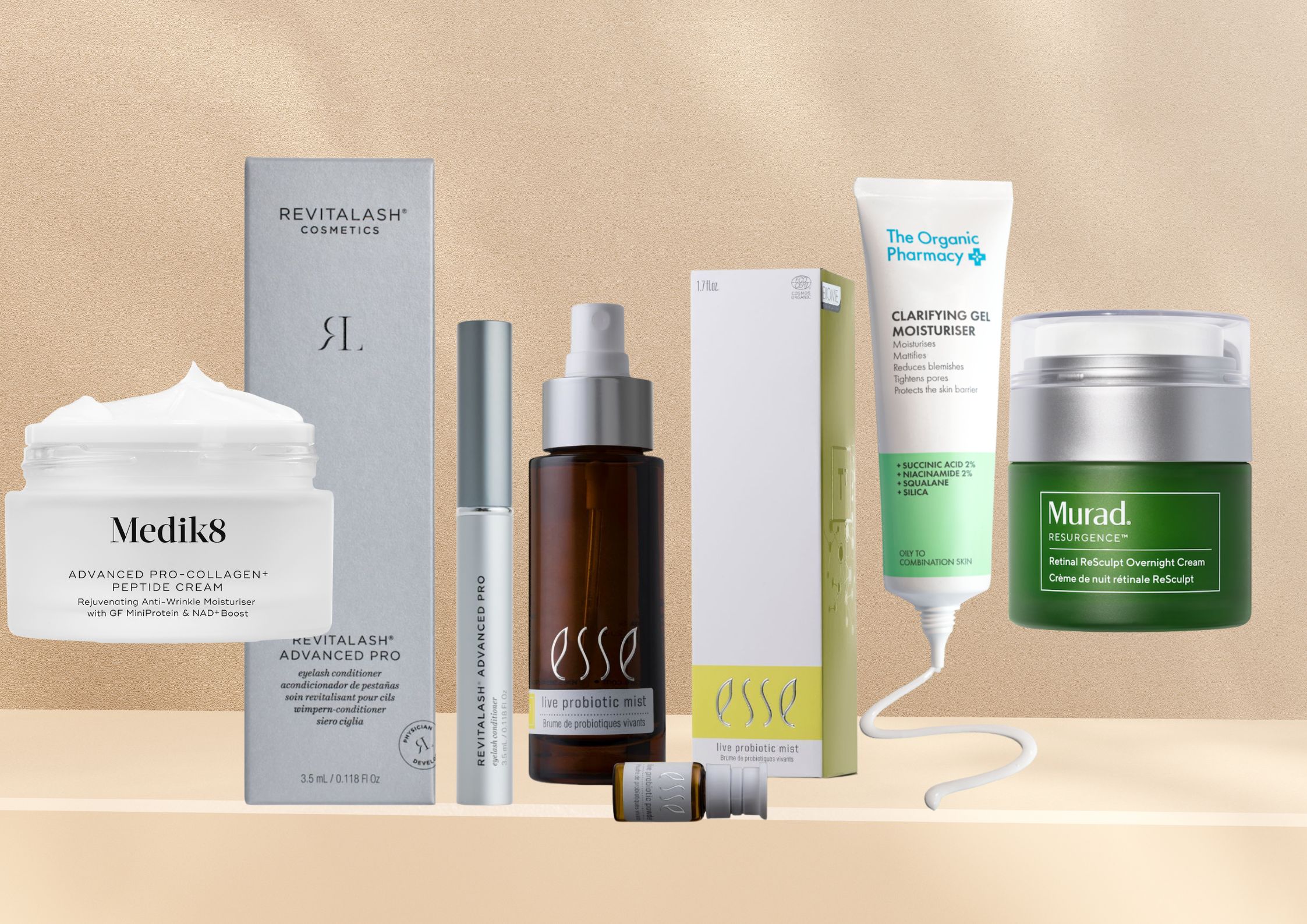The Medicines and Healthcare products Regulatory Agency (MHRA) has launched several criminal investigations following a ‘spike’ in hospital admissions believed to be linked to the use of unlicensed botulinum toxin products in cosmetic procedures.
Between 4 June and 6 August 2025, 41 confirmed cases of botulism were reported across several regions in England, including the North East, East Midlands, East of England, North West, and Yorkshire and Humber.
Botulism symptoms can take up to four weeks to develop and may include difficulty swallowing, slurred speech and breathing difficulty. In severe cases, patients may require mechanical ventilation and intensive care treatment.
According to the MHRA's Criminal Enforcement Unit, some sellers and practitioners – often untrained – are obtaining unlicensed botulinum toxin products illegally and administering them in informal, unregulated settings such as domestic bedrooms and kitchens, hair salons, and through mobile beauty services.
The MHRA warned that anyone caught selling or supplying unlicensed botulinum toxin faces up to two years in prison and unlimited fines under the Human Medicines Regulations 2012.
“Criminals are exploiting the popularity of cosmetic treatments by peddling dangerous, unlicensed products, putting profit before safety,” said Andy Morling, head of the MHRA's Criminal Enforcement Unit.
“The 41 individuals we've seen between June and August left seriously ill represent the devastating human cost of this trade. We are working across the country to identify those responsible, seize illegal products, and bring cases to court.”
This activity is part of the MHRA's wider work to disrupt the illegal botulinum toxin supply chain. Since May 2023, the Criminal Enforcement Unit – working with Border Force – has seized more than 4,700 vials of unlicensed botulinum toxin both at the border and inland.
Almost all of the seized products originated in South Korea, including brands such as Botulax, reNTox, Innotox, and Toxpia, which are not authorised for sale in the UK.
Dr Alison Cave, MHRA chief safety officer, said: ‘Botulinum toxin is a prescription-only medicine and should only be sold or supplied in accordance with a prescription given by an appropriate prescriber such as a doctor or other qualified healthcare professional.’
Last month, the government unveiled new measures aimed at stopping unqualified individuals from carrying out cosmetic procedures.
Under the proposals, only suitably qualified healthcare professionals operating from premises registered with the Care Quality Commission will be permitted to perform high-risk treatments such as non-surgical Brazilian butt lifts.
The announcement followed a warning from the Chartered Trading Standards Institute over a 'Wild West' of unregulated cosmetic procedures taking place in 'pop up' shops on high streets, in public toilets and hotel rooms.
The government has also recently launched a new online campaign with social media platform TikTok to ensure people have access to ‘clear, reliable advice’ before travelling abroad for cosmetic or medical procedures.



